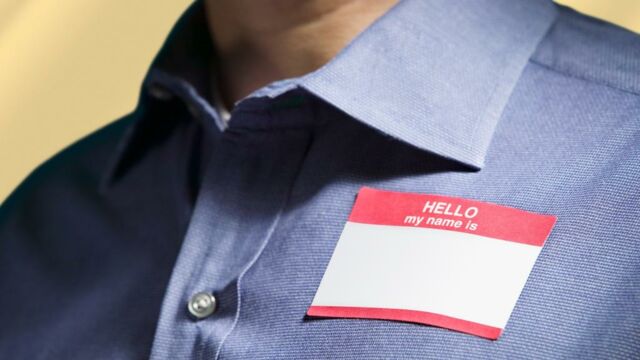Volunteers who were asked to guess the first names of twenty strangers from a list of proposals gave the correct answer almost 30% of the time, according to the Journal of Personality and Social Psychology in 2017. When a software programme took the test, the proportion of correct answers was closer to 60%.
Discover our latest podcast
How can this phenomenon be explained?
Everyone’s first name is associated with preconceived ideas and social expectations. It is likely that parents unconsciously raise their children by projecting the characteristics they attribute to a first name onto them. By internalising this social judgement, they then adopt postures, expressions, and hairstyles that correspond to these stereotypes.
The power of words when it comes to our appearance
The power of words when it comes to our appearance and behaviour doesn't stop at one’s first name. For example, a study published in 1996 showed that after having used several terms evoking old age (retired, bingo, wise, lonely, old...), the guinea pigs (students) walked slower, as if they had internalised the slowness that comes with old age. If we tell a child that they are fearless, they will grow up behaving like that.
The fact remains, however, that this phenomenon does not cross borders. Without knowing the prejudices attached to a given name, a non-native will not be able to distinguish between two foreign names.
But social constructs don't just stop at our birth name, as we well know. Check out the video above to find out which accent has been deemed the least trustworthy accent in the UK.















